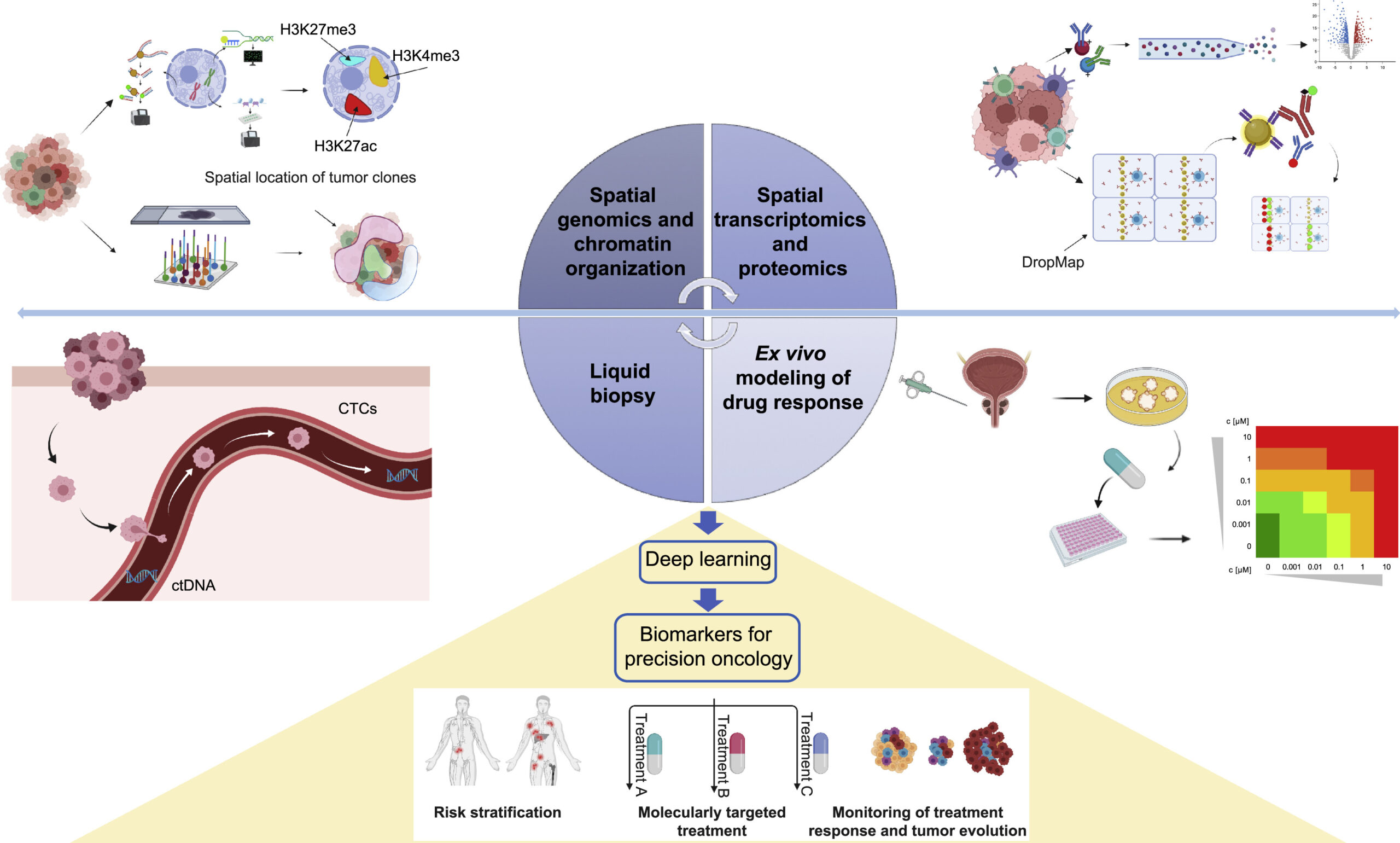Introduction
Quantum computing, a cutting-edge technology that leverages the principles of quantum mechanics, is on the brink of revolutionizing the tech industry. Unlike classical computers, which use bits to process information as either 0s or 1s, quantum computers use quantum bits or qubits. These qubits can exist in multiple states simultaneously, enabling quantum computers to perform complex calculations at unprecedented speeds. This article explores the transformative impact of quantum computing on the tech industry, highlighting its potential applications, current advancements, and future implications.
Understanding Quantum Computing
What is Quantum Computing?
Quantum computing harnesses the unique properties of quantum mechanics, such as superposition and entanglement, to process information. Superposition allows a qubit to represent multiple states at once, while entanglement links qubits in such a way that the state of one can instantaneously influence the state of another, regardless of distance. These properties enable quantum computers to solve problems that are infeasible for classical computers.
Classical vs. Quantum Computing
Classical computers operate on binary systems, executing one operation at a time. In contrast, quantum computers can process vast amounts of data simultaneously due to their qubit-based architecture. This parallelism allows quantum computers to tackle complex problems in cryptography, optimization, and material science more efficiently than classical systems.
Transformative Impact on the Tech Industry
1. Advancements in Cryptography
Quantum computing poses both challenges and opportunities for cryptography. Traditional encryption methods, such as RSA and ECC, rely on the difficulty of factoring large numbers or solving discrete logarithm problems. Quantum computers, with their ability to perform these calculations exponentially faster, could potentially break these encryption schemes. However, they also enable the development of quantum-resistant cryptographic algorithms, ensuring secure communication in a quantum world.
2. Revolutionizing Drug Discovery and Material Science
The field of drug discovery stands to benefit significantly from quantum computing. Quantum computers can simulate molecular interactions with unparalleled accuracy, allowing researchers to identify potential drug candidates and optimize their properties more effectively. In material science, quantum computing can accelerate the development of new materials with desirable properties, such as superconductors or high-strength alloys, by simulating their behavior at the quantum level.
3. Enhancing Machine Learning and AI
Quantum computing offers the potential to enhance machine learning and artificial intelligence (AI) by processing and analyzing large datasets more efficiently. Quantum algorithms, such as the Quantum Support Vector Machine and Quantum Neural Networks, can potentially improve pattern recognition and optimization tasks, leading to more accurate and faster AI systems. This advancement could have far-reaching implications for industries ranging from finance to healthcare.
4. Optimizing Logistics and Supply Chain Management
The logistics and supply chain sectors face complex optimization challenges, such as route planning and inventory management. Quantum computing can address these challenges by analyzing multiple variables and constraints simultaneously, leading to more efficient solutions. For example, quantum algorithms can optimize transportation routes, reducing costs and improving delivery times.
5. Pushing the Boundaries of Simulation and Modeling
Quantum computing excels at simulating complex systems and phenomena, such as climate models or quantum materials. This capability allows scientists and engineers to perform more accurate simulations and make better-informed decisions in fields like climate change research and aerospace engineering. Enhanced simulation capabilities can lead to breakthroughs in understanding and solving complex problems.
Current State and Future Prospects
1. Progress in Quantum Hardware
Recent advancements in quantum hardware have brought us closer to practical quantum computing. Companies like IBM, Google, and Rigetti are developing quantum processors with increasing qubit counts and improved error rates. Google’s achievement of quantum supremacy, where their quantum processor performed a specific calculation faster than the most advanced classical supercomputers, marks a significant milestone in the field.
2. Quantum Computing Ecosystem
The growth of the quantum computing ecosystem includes the development of quantum programming languages, such as Qiskit and Cirq, and quantum cloud platforms that provide access to quantum processors. These tools enable researchers and developers to experiment with quantum algorithms and applications, accelerating the pace of innovation in the field.
3. Commercialization and Industry Adoption
As quantum computing technology matures, its commercialization and adoption across industries are expected to increase. Companies are exploring quantum solutions for specific problems, and partnerships between tech giants and quantum startups are fostering innovation. The rise of quantum computing could lead to the creation of new business models and revenue streams, transforming the tech industry landscape.
Conclusion
Quantum computing is set to revolutionize the tech industry by providing unprecedented computational power and enabling breakthroughs across various domains. From enhancing cryptographic security to advancing drug discovery and optimizing logistics, the impact of quantum computing will be profound. As the technology continues to evolve and mature, its potential to reshape industries and drive innovation is immense. Embracing quantum computing’s possibilities and addressing its challenges will be crucial for harnessing its full potential and ensuring its transformative impact on the tech industry.















